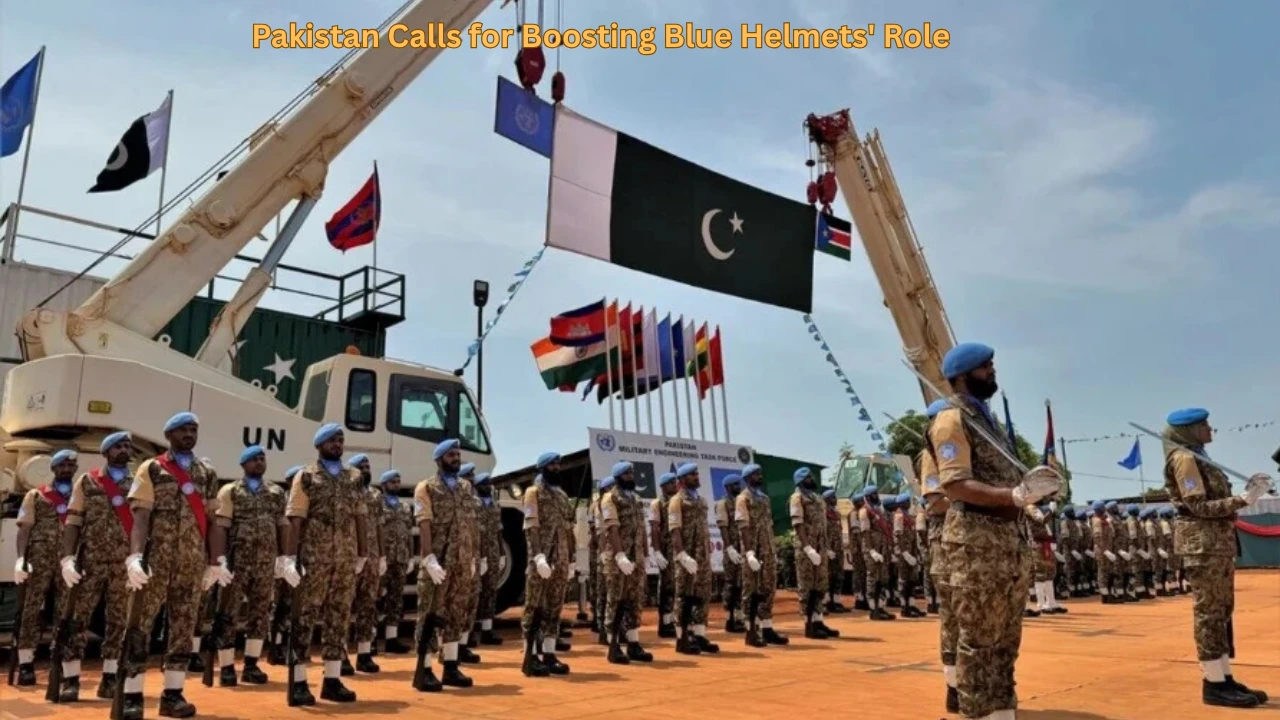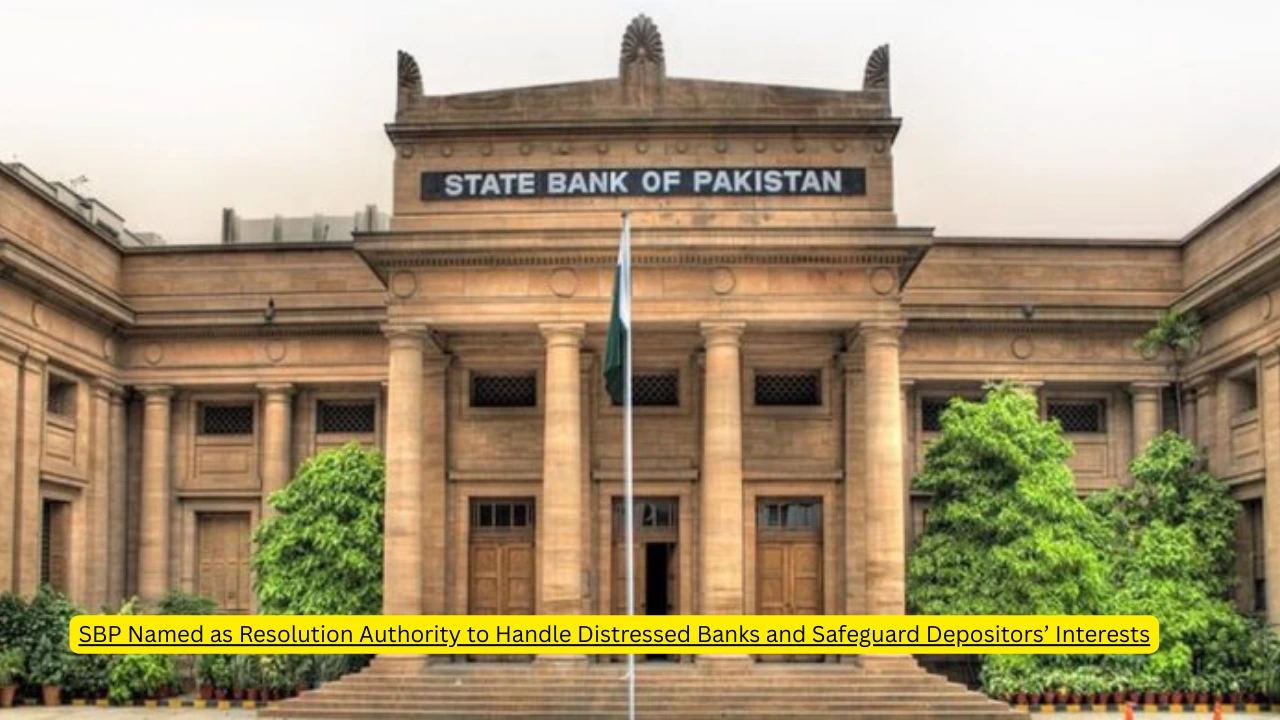Pakistan Reinforces the Value of the Blue Helmets
Pakistan has once again reaffirmed its deep commitment to United Nations peacekeeping operations, calling for a stronger, better-equipped, and more politically relevant role for the Blue Helmets. At a UN Security Council debate on peace operations, Pakistan’s Ambassador to the UN, Asim Iftikhar Ahmad, stressed the urgent need for well-mandated, politically anchored, and adequately resourced missions that can effectively respond to modern conflicts.
Speaking on July 31, 2025, the ambassador emphasized that peacekeeping missions are most effective when they operate with clear mandates, strong political backing, and a comprehensive understanding of the conflict context—especially in long-standing disputes such as Jammu and Kashmir.
Pakistan’s Contributions to the Blue Helmets
Pakistan is one of the largest and most respected contributors to UN peacekeeping. Over the decades, it has deployed more than 235,000 troops to 48 UN missions across four continents. These troops have worked in some of the most dangerous and challenging environments in the world, with 182 Pakistani peacekeepers making the ultimate sacrifice in the line of duty.
The ambassador noted that the annual cost of UN peacekeeping—around $5.5 billion—amounts to less than 0.3% of global military spending, yet the value it brings to international peace and security is immeasurable.
Political Solutions at the Core of Peacekeeping
A key message from Pakistan’s statement was that peacekeeping cannot exist in isolation from political solutions. The Blue Helmets should not only monitor ceasefires or provide a stabilizing presence; their deployment must be part of a broader political process aimed at addressing the root causes of conflict.
Ambassador Ahmad warned against leaving political vacuums, as these can be exploited by actors opposed to peace. For peacekeeping to succeed, it needs comprehensive political frameworks, active diplomacy, and sustained international engagement.
Technology as a Force Multiplier
Pakistan also urged the UN to integrate modern technology into peacekeeping operations. The use of drones, satellite imagery, advanced sensors, and real-time data systems could greatly improve mission effectiveness, particularly in monitoring ceasefire agreements and ensuring the safety of both peacekeepers and civilians.
By adopting such technologies, the Blue Helmets could enhance operational efficiency while reducing costs and risks in volatile areas.
Holistic Reform for Peace Operations
Beyond equipment and technology, Pakistan has called for holistic reforms in UN peace operations. At a preparatory meeting co-hosted with South Korea in April 2025, Foreign Minister Ishaq Dar outlined several guiding principles:
- Clear and achievable mandates shaped by on-ground realities
- Adequate resources and specialized training
- Greater involvement of troop-contributing countries in decision-making
- Strengthened regional partnerships for coordinated responses
- Measures to protect peacekeepers from misinformation and security threats
These reforms aim to ensure that the Blue Helmets remain relevant and effective in an evolving global security environment.
Why Strengthening the Blue Helmets Matters
The global security landscape is becoming increasingly complex, with conflicts often involving multiple actors, irregular warfare, and rapidly shifting alliances. In this context:
- Politically empowered missions can achieve more sustainable peace
- Technology integration can save lives and improve mission outcomes
- Adequate funding and training can maintain credibility and operational readiness
For countries like Pakistan, which have invested heavily in UN peacekeeping, boosting the capabilities of the Blue Helmets is both a moral responsibility and a strategic priority. Pakistan Calls for Boosting Blue Helmets’ Role
Conclusion
Pakistan’s call for strengthening the role of the Blue Helmets reflects a vision of peacekeeping that is dynamic, adaptive, and politically connected. By equipping these missions with modern tools, clearer mandates, and stronger political support, the UN can ensure that peacekeepers are not just symbolic presences, but decisive actors in resolving conflicts.
As the world faces more interconnected and unpredictable security challenges, enhancing the effectiveness of the Blue Helmets will remain essential for safeguarding peace, protecting civilians, and fostering stability across the globe. Click here for latest news.


